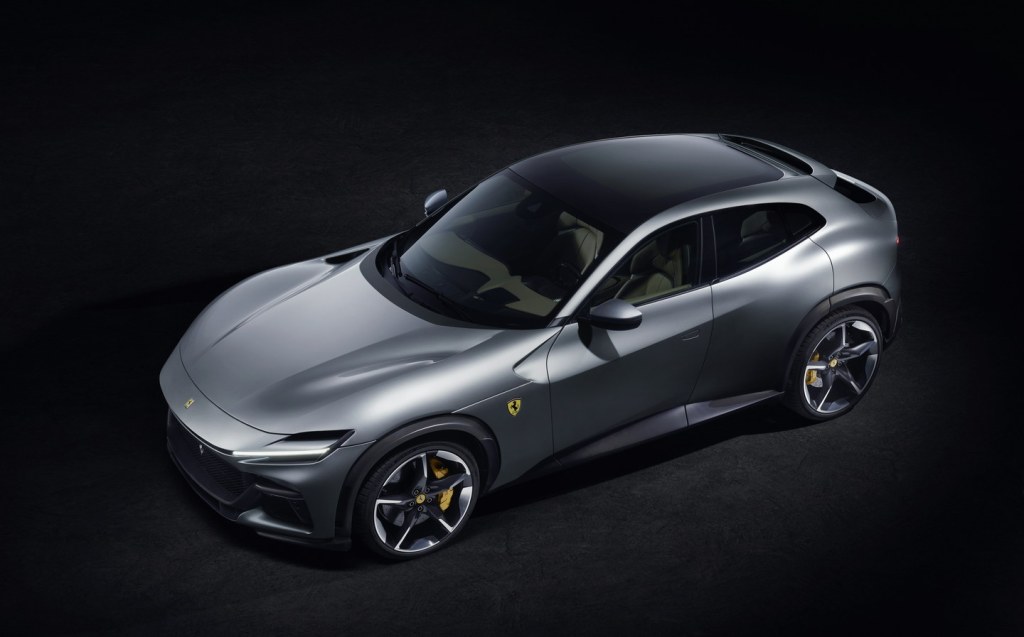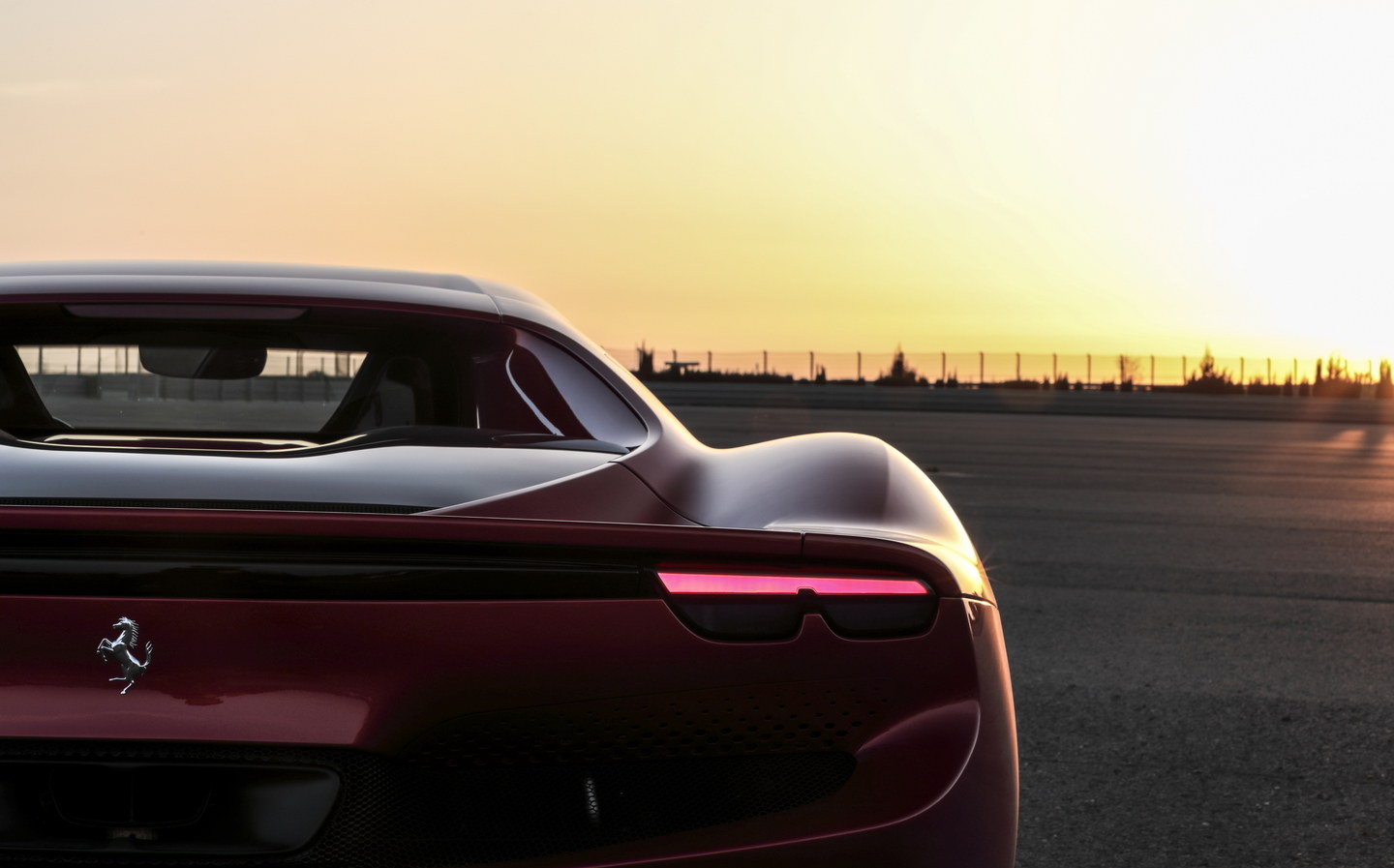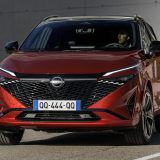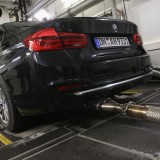Ferrari refuses to pay hackers in cyber ransom plot
Not the first time Ferrari has been targeted
Ferrari has refused to pay a ransom demand after hackers accessed confidential information about the personal details of thousands of the luxury car brand’s customers.
Information that was taken from the cyber attack included names, addresses and phone numbers, although Ferrari confirmed that no bank details were included in the data breach.
While the hackers attempted to hold the data to ransom, Ferrari decided that paying off the criminals would do more harm than good. A spokesperson said: “We don’t fund criminal activity and any payment made would have encouraged these people to attack again.”
No information regarding the size of the ransom has been disclosed.
“To our knowledge, nothing has been released on the internet for the moment,” the spokespersoon said. “We are monitoring the situation very closely. Ferrari takes the confidentiality of our clients very seriously and understands the significance of this incident.”
The spokesperson added that the hack hadn’t affected everyday operations at the company and no intellectual property had been accessed regarding new cars and future plans.
“Ferrari is a very attractive target because of its patents,” they said. “We’ve been attacked several times, although this was unprecedented — on another level — because of the ransom demanded.”
Ferrari has since employed a cybersecurity firm to help improve the security of its IT and data systems to help prevent another cyber attack.

The news comes hot on the heels of Ferrari announcing its financial results for 2022. The sports car maker sold 13,221 vehicles last year, which was an increase of 19 per cent when compared with 2021, while the company reported revenues of €5.1 billion in 2022.
Expect another increase in 2023 courtesy of the arrival of the Purosangue; Ferrari can expect a bump similar to the ones experienced by rival premium brands Lamborghini and Bentley when those two companies introduced their first SUVs, though Ferrari is planning to limit production of the Purosangue.
Ferrari isn’t the only car manufacturer to have been a victim of cyber hacking, with Israeli cybersecurity specialist Upstream reporting a 239 per cent jump in attacks on car makers and automotive parts suppliers in 2022 when compared with 2018.
Car makers and their suppliers are usually the victim of ransomware attacks — where hackers take over systems and demand money to unlock them again — which can disrupt vehicle production. Data breaches, such as the one experienced by Ferrari, are also a threat that can put customer information into the public domain.
In an effort to beat the hackers, car makers have employed so-called ‘white-hat’ hackers to help improve their cyber security. It’s a typical poacher-turned-gamekeeper situation, where experts are hired by firms to pinpoint vulnerabilities in their computer systems, so that any possible gaps in operating system security can be fixed before a malicious attack takes place.
In the past 12 months, these white-hat hackers have helped manufacturers such as Jaguar Land Rover, Mercedes-Benz, Ford, Porsche, BMW, Toyota and Ferrari to shore up their cyber security, although it’s reported that car manufacturers don’t pay as much as other industries for these cyber services, potentially leaving them more vulnerable to attack.
As well as hacking company infrastructure and financial servers, there is an increased threat that individual vehicles could be targeted if cyber attackers can find a loophole. With owners now being able to connect remotely to their cars via WiFi and mobile phone networks, it’s another layer of technology that could be open to hacking if it’s not set up securely.
This theoretically could see potential hackers disabling a vehicle completely and demanding a ransom from the driver before unlocking the vehicle, though there have not been any such cases reported as yet.
Related articles
- After reading about Ferrari dealing with hackers, here’s Jeremy Clarkson’s verdict on the Ferrari 296 GTB hybrid
- Ferrari confirms electric car plans but will continue producing V6, V8 and V12 engines beyond 2030
- Make sure you read our review of the Ferrari Purosangue by Will Dron
Latest articles
- Nissan unveils bold look for updated Qashqai, still made in UK
- British firm Bedeo launches new EV conversion kit for classic Defender
- New Citroën C3 Aircross gets electric power and up to seven seats
- Maserati GranCabrio Folgore is a 751bhp droptop luxury EV
- Five best electric cars to buy in 2024
- Skoda Kodiaq 2024 review: All new but business as usual for brilliant seven-seat SUV
- Dodging firebombs in the BMW i7 Protection: An electric limo that can protect you from big bullets and small explosives
- European court calls for car fuel economy test to be replaced after studies find large over-estimations
- McLaren P1 designer releases images of space capsule for tourists














